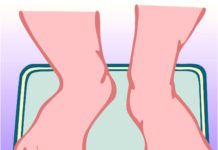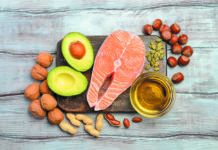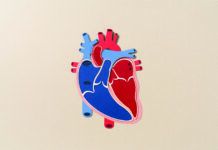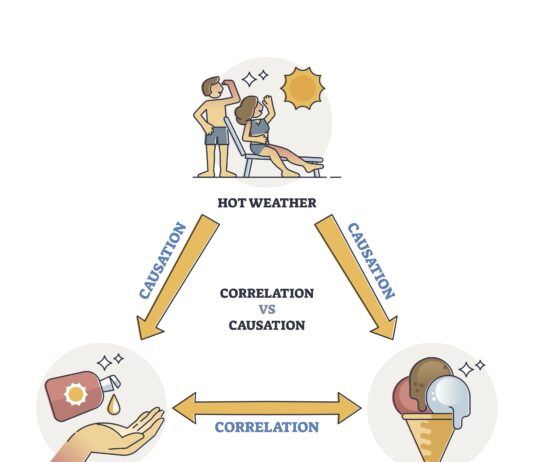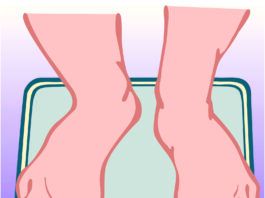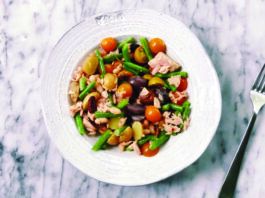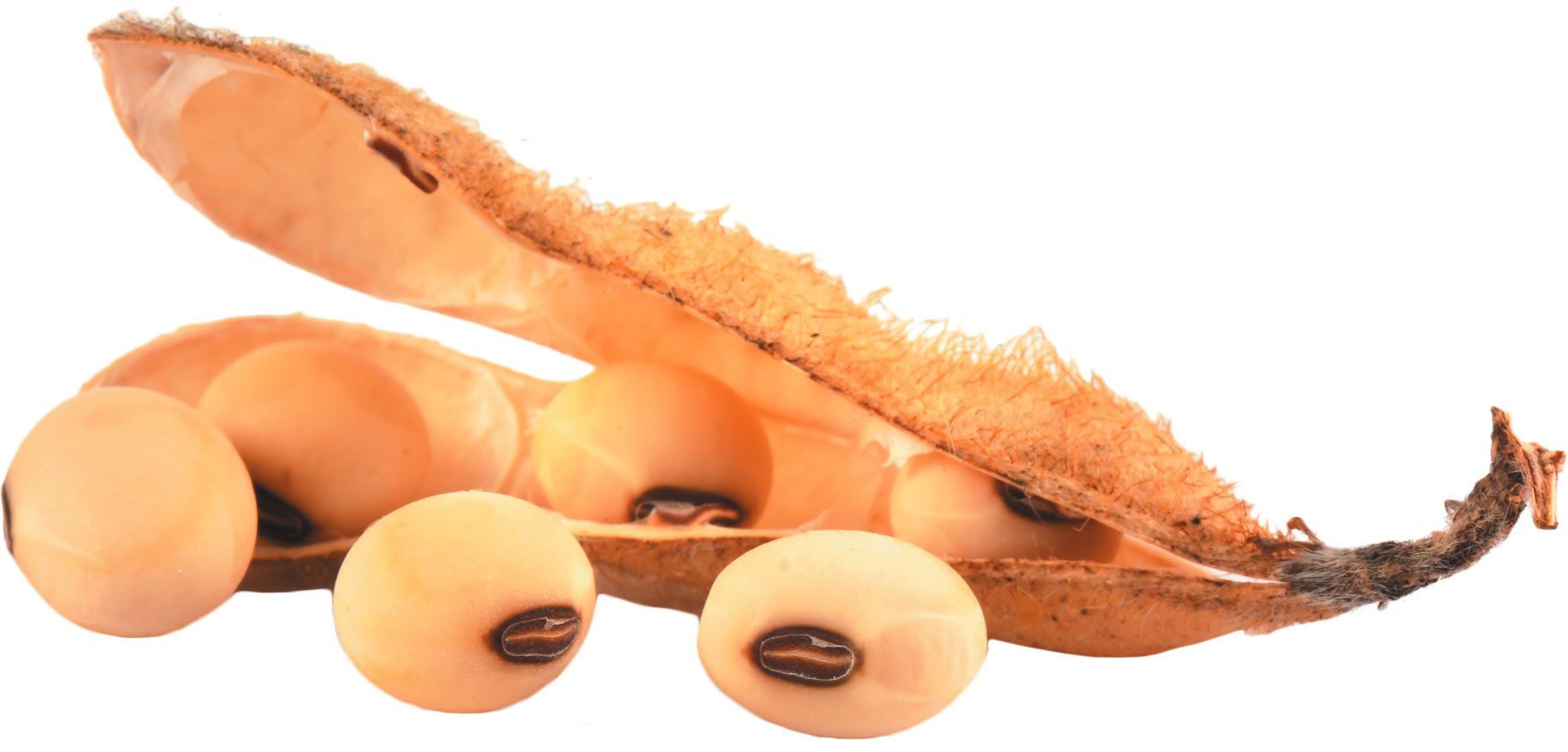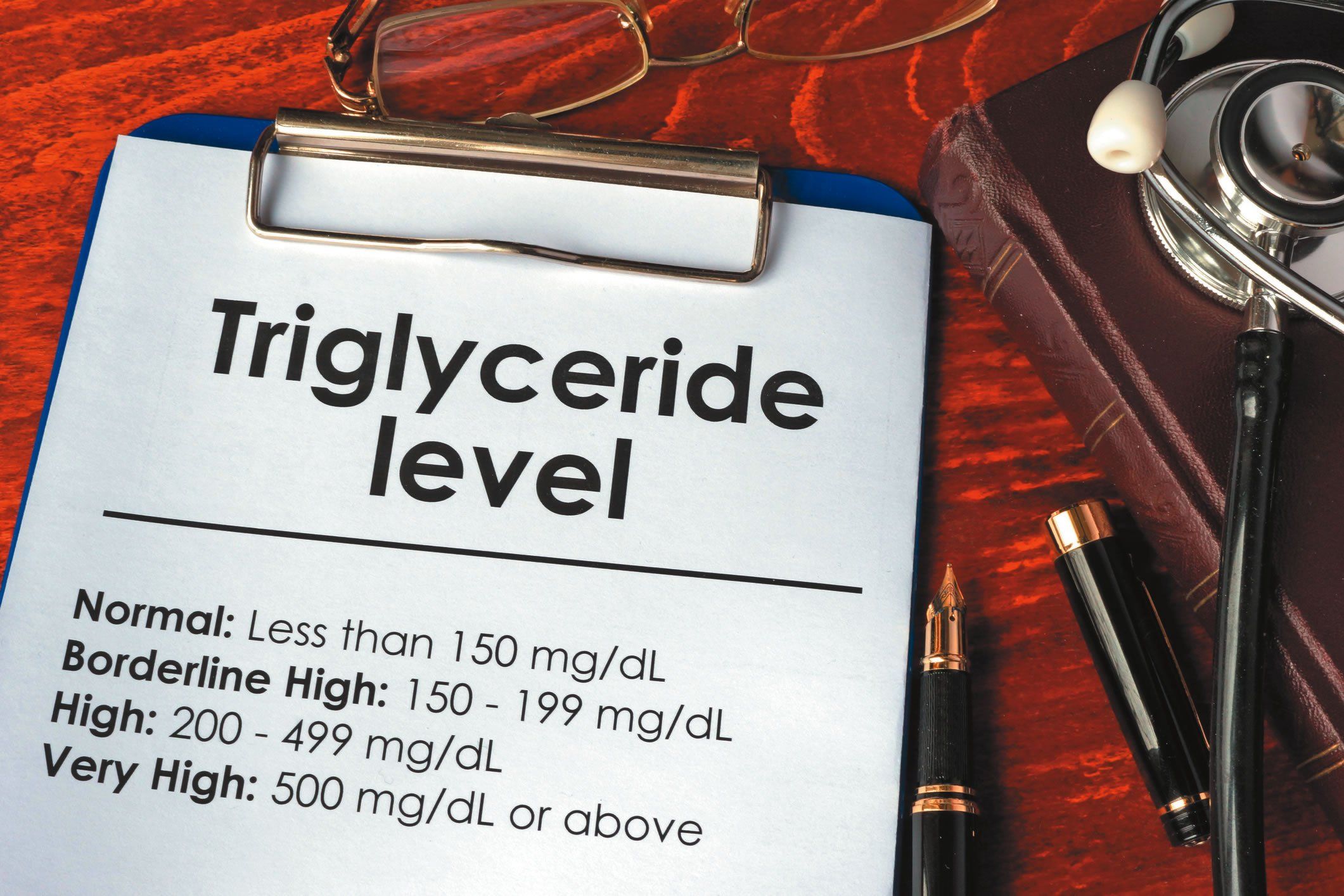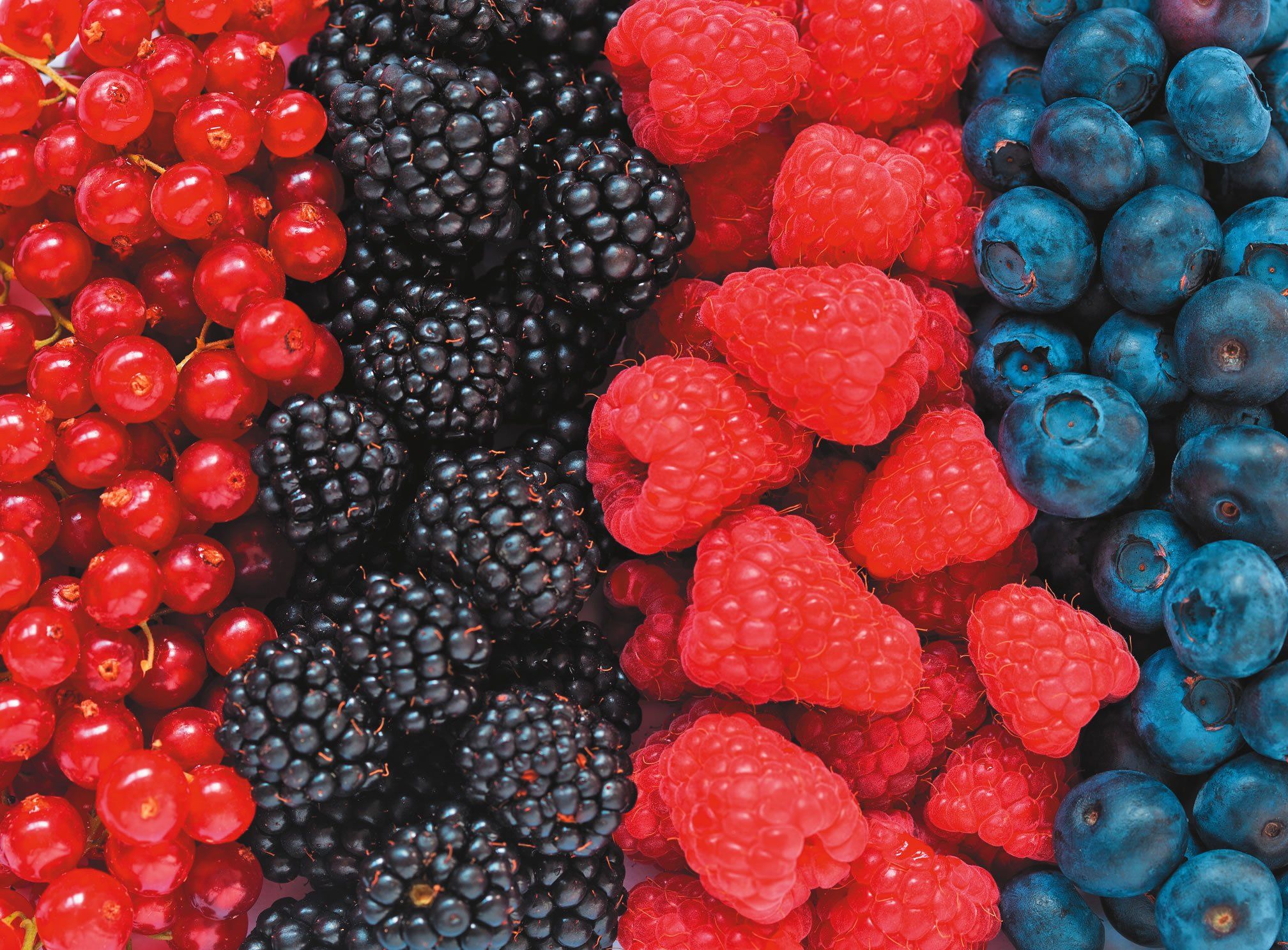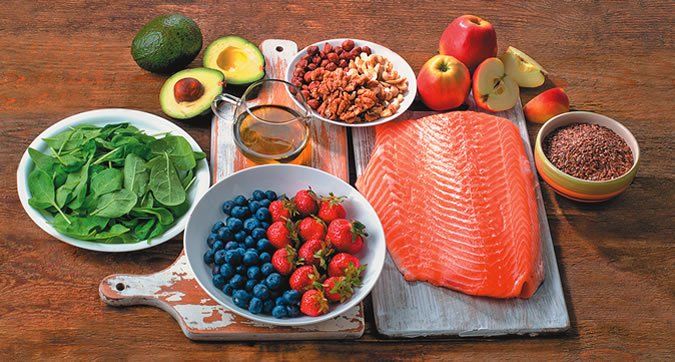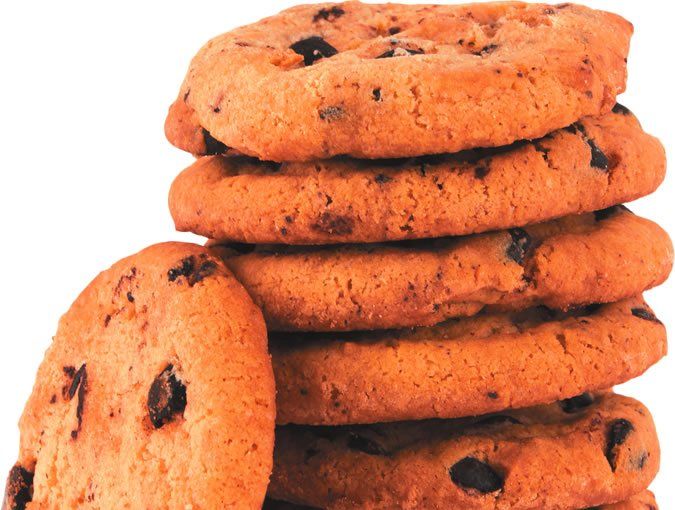Do Nuts Prevent Weight Gain?
A small handful of nuts contains up to 200 calories, but people who eat them experience less weight gain over time, suggests a study in the European Journal of Nutrition.
Soy-Heart Connection Questioned
The US Food and Drug Administration (FDA) has, for the first time, moved to revoke a past ruling that allowed food manufacturers to claim that eating foods with soy protein helps to reduce the risk of heart disease. The FDA action follows a review of study data on the association between soy protein and the risk of heart disease. The agency concluded that current evidence calls into question the association between consuming soy protein and being less at risk of heart disease.
Child, Teen Obesity Rising Globally
Globally, the number of obese children and adolescents has risen sharply since 1975, according to a study in The Lancet. The study examined data on the height and weight from 200 countries and nearly 130 million people. Of the total, about 32 million were age 5 to 19.
Lower Triglyceride With Diet
Triglyceride is the other blood fat, or lipid, that your doctor measures in addition to cholesterol to gauge your risk of cardiovascular disease. People with high bad LDL cholesterol and/or low good HDL are at higher risk for heart attack, stroke, and other cardiovascular problems. But triglyceride levels matter, too.
Healthy Meals with Pasta
Americans consume 6 billion pounds of pasta each year, according to the National Pasta Association. Pasta dishes can fit into a healthy eating pattern. It depends in part on portion size. The type of pasta-regular vs. whole-grain-could also be important, although the evidence for it is not definitive. Its also relevant what sauces and other topping you use to make a pasta dish.
Spicy Foods Curb Salt Intake
A large study in China found that people with a penchant for spicier foods preferred less salt, which was associated with less salt and sodium consumed overall and lower blood pressures, according to a study in Hypertension.
Anti-Inflammatory Diets: Do They Work?
Plants are prolific chemical factories. They continuously produce thousands of compounds called phytochemicals. These chemicals perform vital functions for the plants, and some are noxious or even poisonous. But some plant chemicals are helpful to humans when consumed in foods, such as fruits, vegetables, plant oils, and whole grains. Perhaps not surprisingly, these same foods are part of the healthy eating pattern outlined in the 2015-2020 Dietary Guidelines for Americans. Part of the reason why eating patterns based on whole foods are healthy may be their anti-inflammatory properties.
Healthy Diet and Lifestyle to Sidestep Metabolic Syndrome
Three or more key factors add up to a higher risk for heart disease and diabetes. But healthy nutrition and exercise reverse the trend.
Do You Really Need to Eat Breakfast Every Day?
You have probably heard that breakfast is the most important meal of the day. In part, this is because some research suggests that eating a daily breakfast may help you to maintain a healthy weight or, if you are overweight, lose some pounds and keep them off. The research is not definitive on the question of breakfast and weight control, but breakfast has another important potential benefit.
Stop Emotional Eating Patterns By Learning New Habits
You feel stressed out. You are bored. Or you are angry at your spouse. So you walk a short distance to the fridge, swing open the door and look for a solution. Is it the leftover tapioca pudding? A slab of last nights lasagna? That pint of premium ice cream in the freezer?


